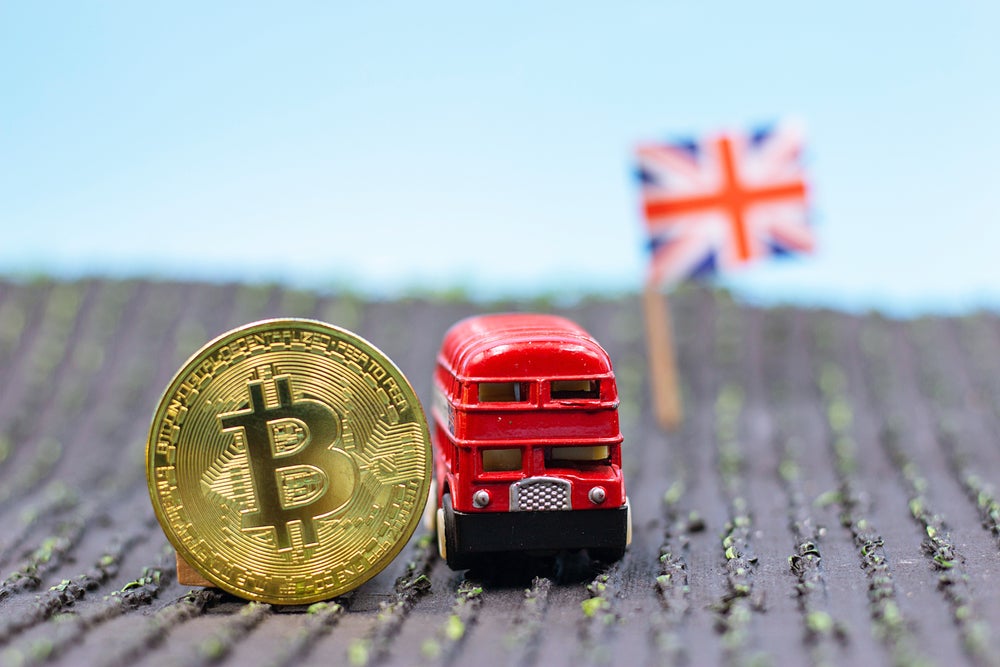
By Philip Munn
HMRC was one of the first tax authorities to set out its policy on the VAT treatment of cryptocurrencies. In 2014, it clarified that the income earned by crypto-exchanges, which generated cash by charging a fee for the exchange of crypto-currencies for fiat currencies, was exempt from VAT (this approach was subsequently endorsed by the European Courts). In addition, HMRC also considers that the income received by bitcoin miners is outside the scope of VAT.
This might appear to be good news. However, in practice, this led to issues for many miners and exchanges that wanted to establish themselves in the UK as they were faced with a significant VAT cost when investing in the technology and marketing services that are a key component of early-stage businesses in this sector. No doubt this acted as a disincentive to choosing the UK as a destination.
The recent IMF paper identifies several issues, and recommendations, on the VAT treatment of these transactions. On bitcoin miners, the IMF considers that, in contrast to the UK approach, ‘…there seems no reason why…these should not be fully liable to VAT.’. In coming to this conclusion, the IMF points out that if no VAT is due on this activity (as we have in the UK), then business use will be over-taxed (because of the VAT costs noted above) and private use will be under-taxed.
The IMF does recognise several other issues that need to be considered. While the VAT treatment of international transactions can only be influenced by the UK, there are several matters that should be considered.
Price volatility means that valuation of transactions is prone to significant uncertainty when calculating the amount of VAT due to HMRC. The value of a transaction at the beginning of a VAT quarter might be significantly different to the amount due to HMRC some four months later when the VAT must be paid to HMRC in pounds sterling.
How well do you really know your competitors?
Access the most comprehensive Company Profiles on the market, powered by GlobalData. Save hours of research. Gain competitive edge.

Thank you!
Your download email will arrive shortly
Not ready to buy yet? Download a free sample
We are confident about the unique quality of our Company Profiles. However, we want you to make the most beneficial decision for your business, so we offer a free sample that you can download by submitting the below form
By GlobalDataVAT fraud is unfortunately a considerable issue for the UK government and HMRC’s seizure of non-fungible tokens (NFTs), reported in 2022, highlights that this industry may be inextricably linked to such activity. A side effect of this link will be enhanced policing of the industry, with legitimate participants grappling with high barriers to entry, increased scrutiny and suspicion from HMRC officers.
The UK no longer needs to follow the EU’s approach to the VAT treatment of cryptocurrencies. Therefore, the IMF paper might be considered an opportunity to rethink its approach. If Rishi Sunak is serious about making the UK ‘a global hub for crypto-asset technology’ then serious consideration must be given to the challenges faced by the industry from the current VAT regime and the IMF’s thoughts.






